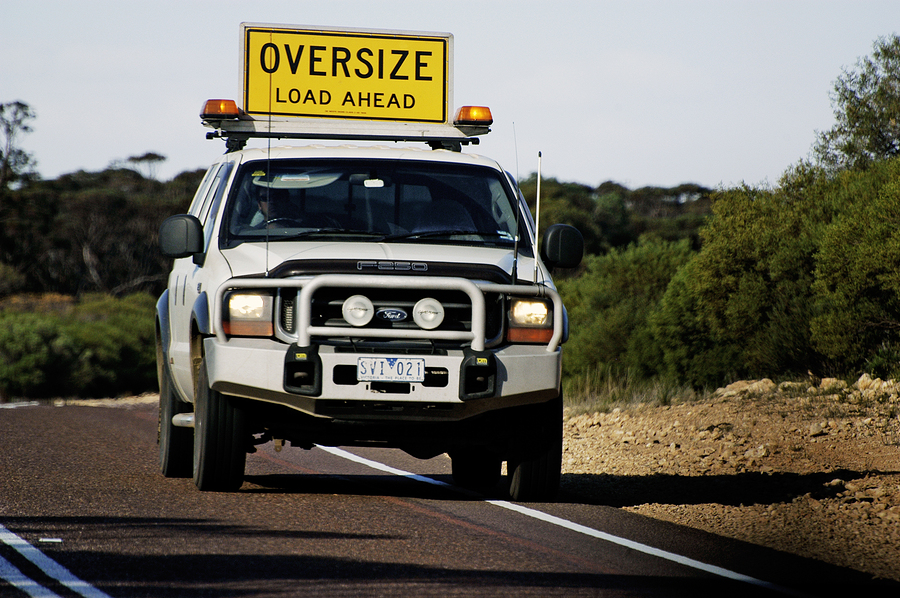Road safety is a critical concern for all motorists, especially when it comes to oversized or wide-load vehicles traveling on Texas highways. These vehicles can present unique challenges due to their size and dimensions, making it essential to have additional support to ensure safe and smooth transit. One crucial aspect of ensuring road safety for these vehicles is the use of pilot car services. These services play a vital role in escorting oversized vehicles, providing warnings to other motorists, and helping to navigate challenging road conditions. In this article, we will explore the importance of pilot car services in Texas and how they contribute to overall road safety.
The Role of Pilot Car Services
When it comes to transporting oversized loads, pilot car services are essential for ensuring road safety. These services typically involve one or more pilot cars escorting the oversized vehicle throughout its journey. The primary role of pilot car services includes:
Warning and Signaling
- Alerting other motorists about the presence of an oversized vehicle on the road
- Providing advanced warning of any potential hazards or obstacles ahead
- Using specialized equipment such as flashing lights and signage to communicate with other drivers
Route Planning and Navigation
- Assisting the driver of the oversized vehicle in navigating complex routes and intersections
- Identifying low bridges, narrow roads, or other obstacles that may pose a risk to the safe transit of the vehicle
- Communicating with the driver through two-way radios to provide real-time updates and guidance
Benefits of Pilot Car Services
There are several key benefits to utilizing pilot car services for transporting oversized loads in Texas:
Enhanced Safety
- Minimizing the risk of accidents or collisions involving oversized vehicles
- Improving visibility and awareness of the oversized vehicle for other motorists
- Ensuring compliance with state regulations and safety standards
Efficient Transit
- Facilitating smoother and more efficient transit of oversized loads
- Reducing delays and potential disruptions to traffic flow
- Optimizing route planning to avoid congestion and road construction zones
Regulations and Requirements in Texas
In Texas, pilot car services are subject to specific regulations and requirements to ensure the safety of oversized load transportation. Some key regulations include:
Certification and Training
- Pilot car drivers must undergo specialized training and certification programs
- Drivers must be familiar with state laws and regulations related to oversized loads
- Regular assessments and renewals of certification may be required
Equipment and Communication
- Pilot cars must be equipped with the necessary warning lights, signage, and communication devices
- Two-way radios are essential for maintaining communication between pilot cars and the oversized vehicle
- Regular maintenance and testing of equipment is necessary to ensure reliability
Choosing the Right Pilot Car Service
When selecting a pilot car service for oversized load transportation in Texas, it is essential to consider the following factors:
Experience and Expertise
- Look for a service provider with a proven track record of safely escorting oversized vehicles
- Experience in navigating Texas highways and understanding local regulations is crucial
- References and testimonials from previous clients can help assess the quality of service
Availability and Reliability
- Ensure that the pilot car service has sufficient availability to meet your transportation schedule
- Reliability in terms of timeliness and professionalism is key for a smooth transit experience
- Clear communication and coordination with the service provider are essential for effective planning
Overall, pilot car services play a crucial role in ensuring road safety for oversized load transportation in Texas. By providing advanced warning, route guidance, and compliance with regulations, these services contribute to a safer and more efficient transit experience for all motorists on the road.
